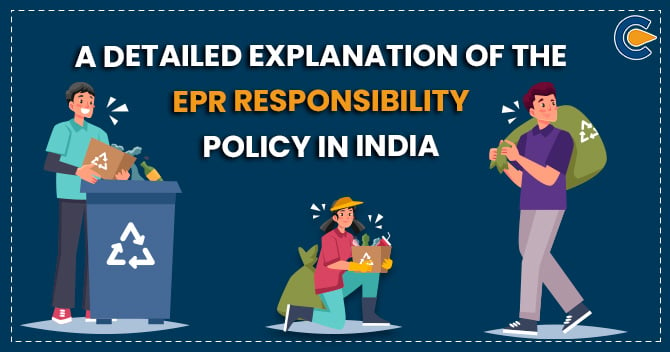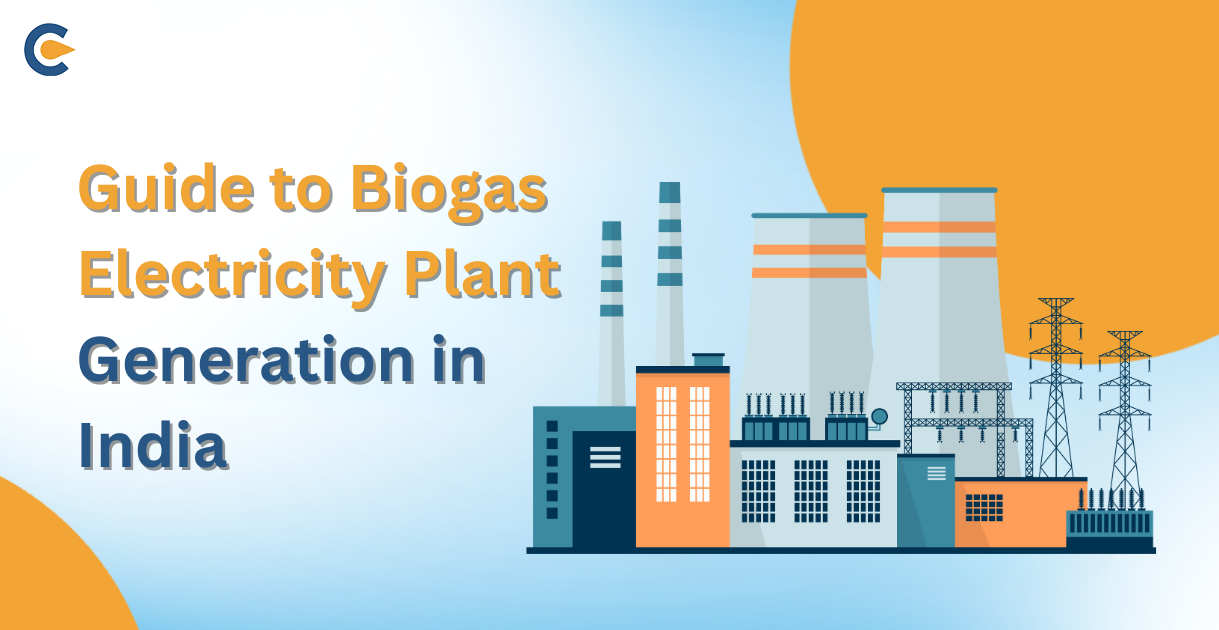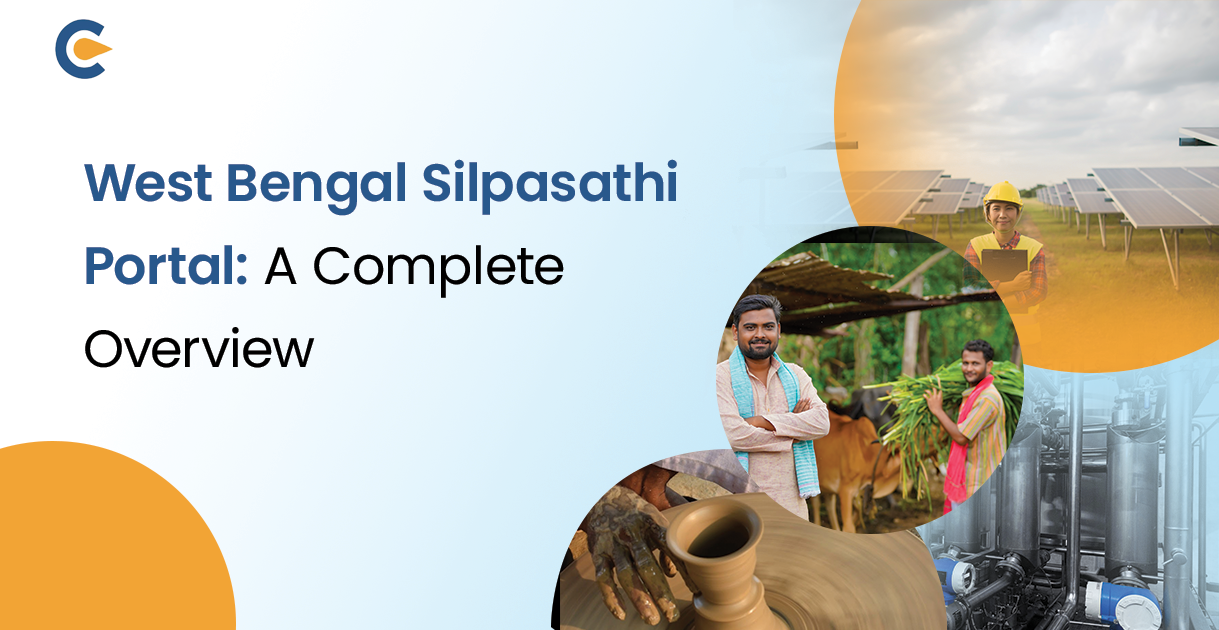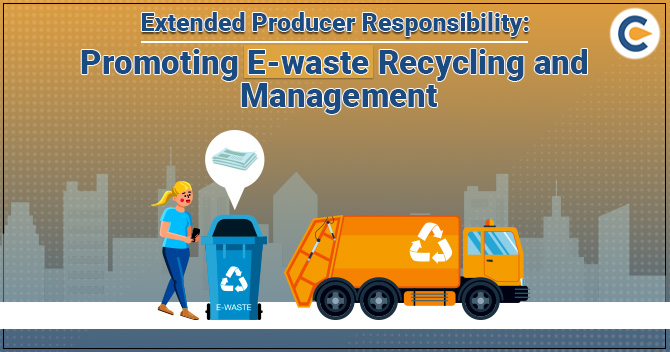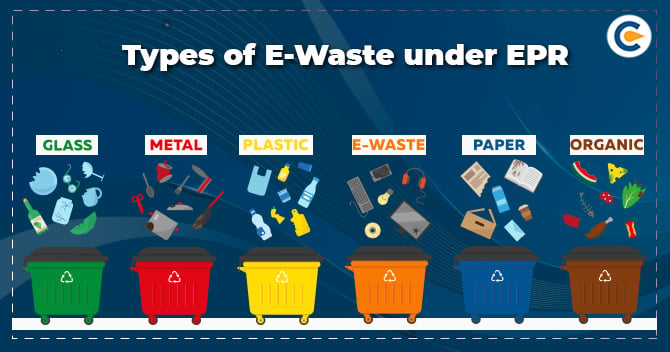To address and manage the ever-growing problem of plastic and electronic waste in developed and developing countries worldwide, endangering the lives of not humans but all the species. Around 8 million tonnes of plastic waste is disposed of in oceans endangering the marine habitats; according to reports, the E-Waste generation was growing at an annual rate of 6% from 42 million tonnes in 2008. These figures and statistics reflect the gradual increase in the pollution generated, making it accountable for the producers to manage the waste emitted from their industries.
EPR Responsibility and Its Evolution
Extended producers’ Responsibilities is a globally recognized policy used as an effective tool to put the onus on the producers for efficient end of life waste management of the electronic and electrical equipment. OCED defines it as an environmental policy approach in which a producer’s responsibility for a product is extended to the post-consumer stage of a product’s life cycle. It was first coined in 1990 by Thomas Lindhqvist of Sweden in Models for Extended Producer Responsibility, which involve a shift in the burden of responsibility from the government or state to the manufacturer or producers of waste management and environmental protection. After this, it was implemented worldwide by various international schemes, Germany being the first to implement it in 1991.
The concept of EPR responsibility is based on three foundation principles that are “Pollution prevention approach”, “life cycle thinking”, and “Polluter pay principle”.
EPR responsibility makes it the responsibility of the producers not only to take back products for recycling but also to design better and longer life products to minimize the amount of waste generated which is defined as the root cause of a gradual increase in environmental pollution.
E-Waste (management and handling) Rules, 2016 adopted Extended Producers Responsibility for the first time in India, Stipulating that the producers are responsible for setting up collection centres for e-waste and financing and organizing a system for environmentally sound management of e-waste. Similar provisions were included in Plastic Waste Management Rules, 2016, laying down that producers of waste are mandated to ensure that generation of plastic waste is minimized, and plastic waste is not littered and stored at the source, which is then handed over to local bodies or authorized agencies.
Under these rules, the producers have a responsibility to delegate this responsibility to the third party or specialized organizations which manufacturers can financially aid for proper waste management.
Advantages of EPR Responsibility
- By adopting the EPR responsibility approach, producers get financial incentives to design and produce more environmentally sound and sustainable products to escape from the added cost of waste management and recycling.
- EPR responsibility has opened the market to the new and innovative business of Producers Responsibility Organisation waste management, which is proving to be more lucrative for business owners and the environment.
- EPR responsibility puts more pressure on developed countries that are major contributors to exporting E-Waste to developing countries to build their recycling units and facilities.
EPR responsibility Policies in India
EPR responsibility in India, as mentioned above, is only extended to plastic and Electronic waste, the guidelines and regulations for which are mentioned in the Plastic waste management rules and the E-Waste[1] management rules. Ministry of Environment, Forest and Climate change define EPR responsibility as the responsibility of the producer for the environmentally sound management of the product until the end of its life.
EPR Responsibility Policies under E-Waste Management Rules
E-Waste management rules were implemented to provide guidelines for efficient and proper management and recycling of E-Waste in India, which include all and any electronic material ranging from small SIM to Refrigerators.
EPR responsibility under E-Waste (management) Rules, 2016 stipulates collection targets of E-Waste for producers, whether be it in weight or number, which shall be 30% of the estimated amount of waste generated in the first two years of the implementation of the rules following 40% in 3rd and 4th year, 50% in 5th year and 6th year as well as 70% during 7th year onwards. Some other regulations involve:-
- Implementation of EPR responsibility by producers either through the take-back system or by setting up collection centres or both to channel the E-Waste to registered recycler or dismantler.
- To spell their EPR responsibility Plan for approval by the Central pollution control board, the producers are required to have an arrangement with dismantlers and recyclers through either the Producers responsibility organization or the E-Waste exchange system.
- Marketing or selling any electronic equipment without EPR responsibility Authorization is considered a violation of the rules.
EPR responsibility Policy under Plastic Waste Management Rules
The government recently, through notification, have announced The Plastic Waste Management (Amendment) Rules, 2022, which provide guidelines for strengthening the circular economy of plastic packaging waste as well as promoting alternatives to plastic.
These new guidelines also include EPR responsibility Regulations such as:-
- The producers and manufacturers should provide details by July 20th 2022, of recycling certificates from authorized recyclers along with the amount sent for end-of-life disposal, which online portals will further cross-check
- In the above case, if the figures are lower, they would be considered to fulfil the EPR responsibility obligations of the producers, importers and brand owners.
EPR responsibility Certificate
EPR responsibility Certificate is authorized by Central Pollution Control Board under MoEFCC, Government of India, which is mandatory for Producers/Importers of the Electronic products.
Required Documents for Proprietor
- IEC (Importer Exporter Code)
- Sole proprietor or KYC Authorized Signatory
- Submit the rent or lease proof.
- Excel sheet including details of imported products.
Required Documents for Public Limited Company or Private Limited Company
- Earlier mentioned documents.
- Memorandum of Association.
- Certification of Incorporation (CIN).
- Company’s PAN card.
- Board Declaration for Authorized Signatory.
Process of obtaining EPR responsibility Certificate
- The application form is to be filled with all the relevant details, including the name of the producer, details of the electronic devices, etc.
- The information should also contain the details of the estimated generation of E-Waste and estimated target collection for the impending year, along with an overall strategy to fulfil Extended Producers Responsibility.
- After the information is filled, then the application form is submitted along with the required document, which will then be reviewed by CPCB.
- If the applications are submitted as per the guidelines, the EPR responsibility certificate will be provided by CPCB.
Challenges
While CPCB, while implementing the EPR responsibility policies, have done an admirable job, the major challenges like in EPR responsibility policy itself as the regulations fail to define each stakeholder’s individual responsibility, making it more confusing for them to understand. Apart from this, due to the vast reach of illegal recycling units among the general public finding a lucrative and profitable market for legal recycling plants has become very difficult and costly.
Conclusion
With the influx in the number of Electronic products and new technology in the market, the recent years have seen an increase in E-Waste. EPR responsibility aims to decrease this influx by putting the responsibility on the producers to create a better product with better technology that can last longer. But along with producers, the policymakers also have to take into account the large market in India of informal recyclers who are major contributors to E-Waste pollution.
Read Our Article:EPR (Extended Producer Responsibility) Policy India



